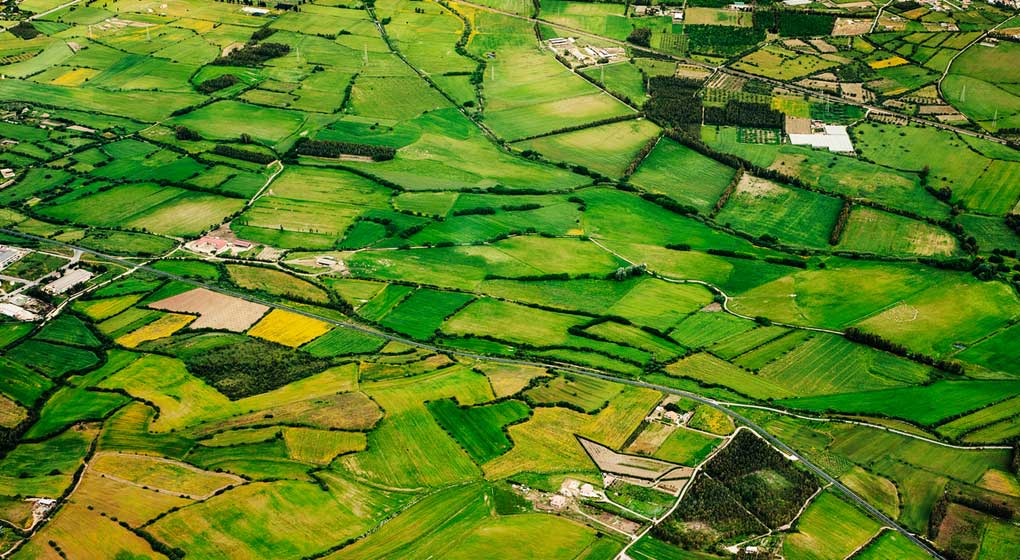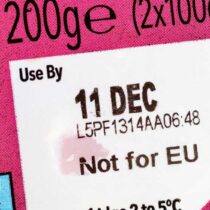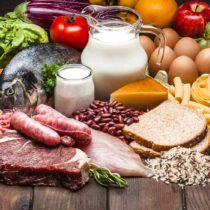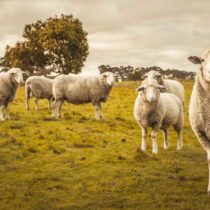Meat industry to provide ideas on Government’s vision for a ‘Green Brexit’
DEFRA recently set out its vision for a future agricultural policy in a command paper titled “Health and Harmony: the future of food, farming and the environment in a Green Brexit”. It is now offering industry the opportunity to contribute ideas on how best to achieve the desired environmental aims and ‘public goods’ that the paper describes.
Over the coming weeks, BMPA will scrutinize the Government’s proposals and respond to the sections of the consultation that directly impact its members. Key to achieving the aims set out in the command paper will be to ensure that any initiatives are pursued in a way that avoids a squeeze on domestic food supply and protects the UK’s domestic livestock production.
Food security should be on the table
The UK has enjoyed decades of stable food supplies and consistent prices largely as a result of EU regulation related to food and agriculture including migrant farm labour, safety standards and subsidies.
As a nation we’ve grown somewhat complacent about our food supply, and in 2018 the public is largely unaware that the UK has, for several years, been the number one country in the world when it comes to food availability for consumers.
This is why it will be important to get a clear picture of exactly how a ‘Green Brexit’ will be delivered and what the impact of future policy will be on our livestock sector and food supply.
Livestock producers will be one of the sectors most affected by the proposed changes principally because their animal production cycles can be as long as 5 years. This means that if long-term business decisions go on hold while new legislation is being developed, the result could be that farmers can’t react quickly enough to new rules once they come in.
During this critical consultation phase, BMPA along with other industry groups will work with Government to try and ensure that Britain’s departure from the EU doesn’t lead to disruption of food supplies, erratic prices or weaker standards.
What’s the future for ‘home grown’?
One aim of responding to this consultation will be to explore options to avoid the UK livestock sector shrinking too much.
The paper describes inducements for farmers to reduce production in favour of contributing towards environmental improvements and ‘public goods’. At a micro level this may work for some farmers who could reduce running costs, albeit at the expense of productivity, but still remain profitable. But on a wider macro level, a reduction in overall livestock production would create a squeeze on domestic food supply and an increasing reliance on imports. The new system should ideally link environmental benefits to production and productivity.
Without profitable trade in produce, the farming sector and subsequently the number of people employed within it would shrink.
By working constructively with Government on the new agricultural policy, we would seek to avoid a scenario where our meat is simply imported from wherever it is cheaper to produce around the world. We would also like to ensure that, while we will be able to claim higher animal welfare standards at home, future Governments will also demand the same high standards from our new trading partners.
Taking a balanced view
Britain’s long run of stable and predictable food supplies has been achieved using a variety of approaches. Key to this is a balance between imports and domestic produce. It’s never been a simple case of more self-sufficiency providing better food security.
Reducing the risk of disruptions to food supply due to seasonal changes, animal disease outbreaks and extreme weather conditions amongst other factors, is best achieved by having a balance between domestic and imported production.
As it stands today, that balance is working well. However, the concern we want to address is that the changes in policy could upset the equilibrium by encouraging an unintended reduction in domestic production.
What needs to happen?
We are sure that such a shrinking of our livestock sector is not the intention. Over the coming weeks, BMPA, on behalf of the British meat industry, will respond formally to the consultation and ensure that all these questions and scenarios are explored by the Government before anything is written into law.
The aim will be to work closely with our Government contacts to establish the practical details and provide clarity for producers and meat processors on what policy changes are being suggested so they can understand the potential impact on their businesses and plan for the future accordingly.






